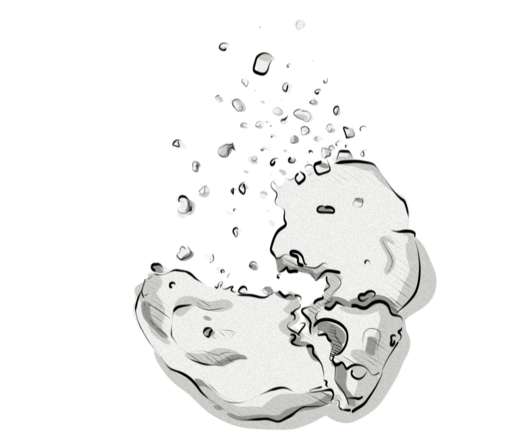The Demise of Third-Party Cookies in AdTech: Why Are They Being Phased Out?
Clearcode
JANUARY 26, 2023
Key Points Web cookies are a storage mechanism in web browsers that are used to store data. There are generally two types of cookies: first-party and third-party cookies. First-party cookies are created by the domain (aka website) the user is currently visiting. ad.doubleclick.net).











Let's personalize your content